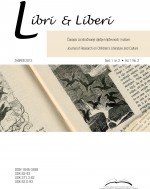
The Round Table Through Reading to Literacy, Zagreb, Croatia, 8 September 2012
Okrugli stol "Čitanjem do pismenosti"
A report on the Round Table with the topic Through Reading to Literacy held in Zagreb, Croatia on 8 September 2012.
More...
A report on the Round Table with the topic Through Reading to Literacy held in Zagreb, Croatia on 8 September 2012.
More...
A report on the 33rd IBBY International Congress held in London, UK, August 2012.
More...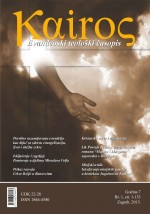

Keywords: Genocide; War crime
More...
Keywords: Alyaksandr Lukashenka; Belarusian president; independent mass media; Zubr; protest; AMAP troops; parliamentary elections; RTR; demonstrations; NATO
Lukashenka marks his 10th anniversary in power in typical style: listing his virtues, cracking down on the opposition, and throwing out a Russian TV channel.
More...
Bronisław Wildstein, Czas niedokonany/Imperfect(ive) Time. Poznań: Wydawnictwo Zysk (www.zysk.com.pl), 2011. 592 pages. ISBN 978-83-7506-797-2. Paper. In Polish.
More...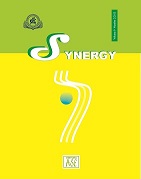
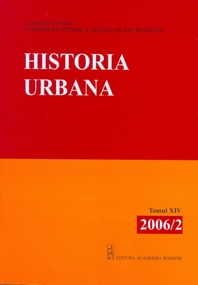
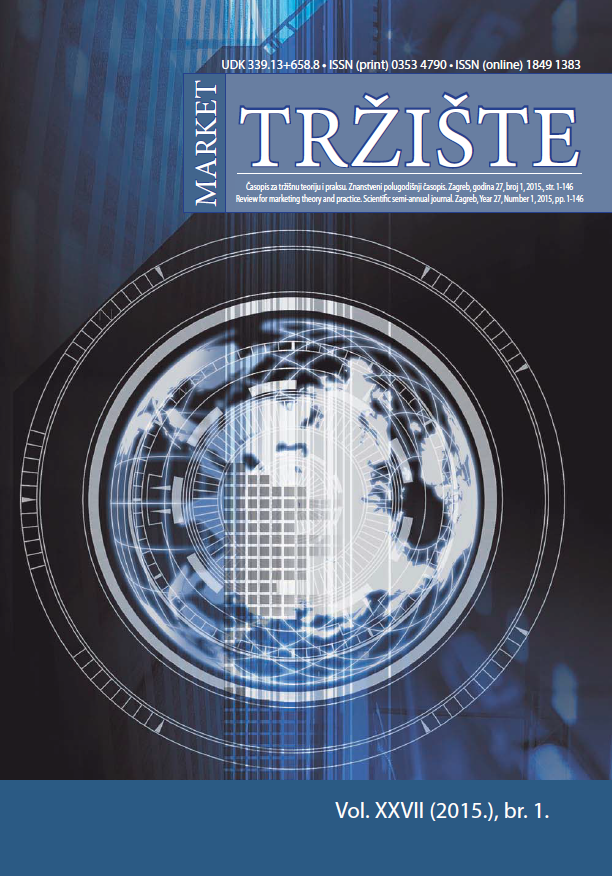
Keywords: market research;information use;relationship marketing;two communities’ metaphor;inter-firm collaboration;trust
One key to success in an intensely competitive business environment is superior management of available information. The purpose of this paper is to build and test a model of the role of a market researcher in the process of using managerial market research information in decision making and learning from the market. Findings of the study conducted in a European Union country show that market researchers are able to enhance the managerial use of market research by frequent meetings in each phase of a project, building up trust-based relationships with managers, and by delivering accurate, transparent information and value-added consultancy services. We found that managers learn from market research studies while evaluating and synthesizing the findings during the decision-making process. This implies that managers learn more from problem-specific than from background research.
More...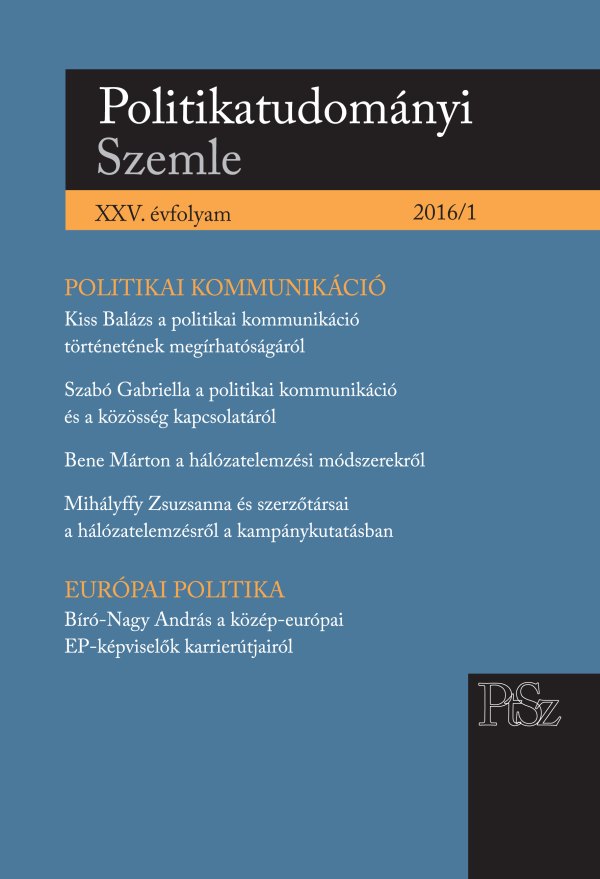
The paper analyzes the problem of the starting point in extinctive prescription, according to the new Romanian Civil Code. The general rule and the special rules are presented in several domains commonly found in legal practice.
More...Keywords: misbehavior; magistrate; judge; prosecutor; substantive law; procedural law; the principles of legality and loyalty of evidences;
The author presents some interesting aspects regarding the limits in which may be pursued the disciplinary liability in case of transgression by the magistrate, in ex mala fide and gross negligence of the material and procedural law.
More...Keywords: medieval agriculture; agricultural tools; nomads; farmers; East-Carpathian territories; 11th – 13th Centuries; Late Migrations
In this paper we propose to further examine the possibilities that the late migrations of the 11th – 13thcenturies induced periods of growth and decline of agrarian settlements, but also the intensifications of trade and communications in the Eastern Carpathian area. The rhythm and intensity of the invasions are indicative of the reinforcement of the tribal confederation in southern Moldavia and in Wallachia, as a result of the gradual migration of Turkic peoples from North Pontic area to the west.It is possible that extra-Carpathian territories played the role of buffer zones between the nomads and the Christian states. The function of buffer zones was to reduce the likelihood of conflict, but these regions also feature an opportunity for peaceful exchange, and so they may develop into centers of trade.During the 11th – 13th centuries, the local communities of Moldavia had the characteristics of a sedentary and rural society, bonded to its traditional occupations, agriculture, and stock breeding, completed by artisan occupations. Given the favorable environment, this economic profile was sufficient for subsistence and could occasionally produce a surplus for exchange.This reexamination of the nomads’ way of life and of their influence on agrarian communities suggests that there was much more than a just interaction between the civilizations of East and West. Extreme climatic and geographical conditions repeatedly made Central Asian peoples develop modes of subsistence and institutional structures that had huge consequences for world history.New sources continue to appear and so we hope to be able to rule out some explanations and find support for others. In order to test the explanations for the relation between sedentary/farmer and nomad / warrior / conqueror we need quantitative data with good temporal resolution over the relevant time period and in the relevant regions for settlement, climate change, epidemic diseases, migrations, trade, and warfare.
More...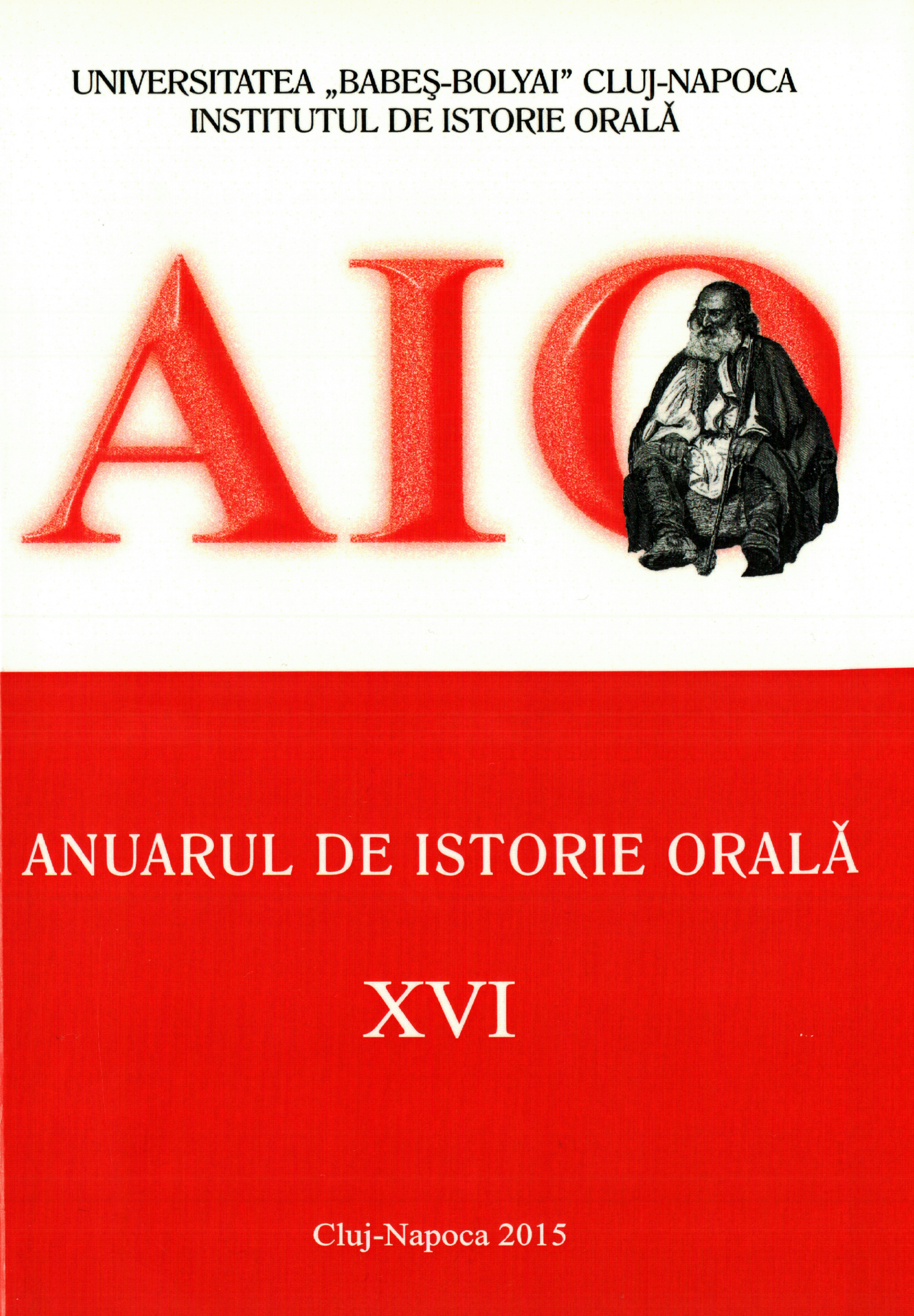
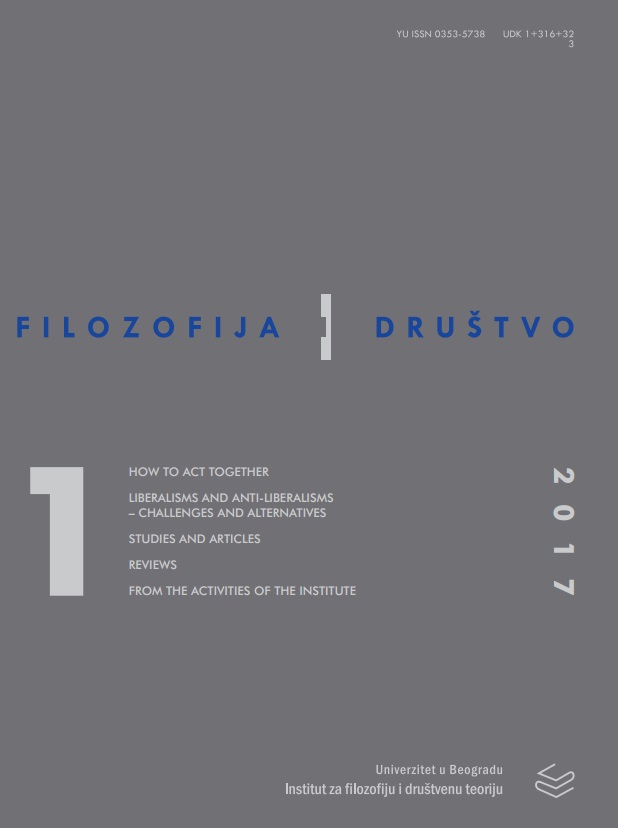
Keywords: electronic contract; regulation; notion; formation; proof; delocalisation.
In this study there are analyzed the issues raised by the conclusion and performance of the electronic contracts, also having in view that the cyberspace where they are located has no borders. There are examined, by turns, the regulation of the electronic contract (1); the notion of electronic contract, the notion of electronic means, the classification of electronic contracts (2); the formation of the electronic contract (3); the proof of electronic contract (4); the delocalisation of the electronic contract and its significance for the international trade law (5).
More...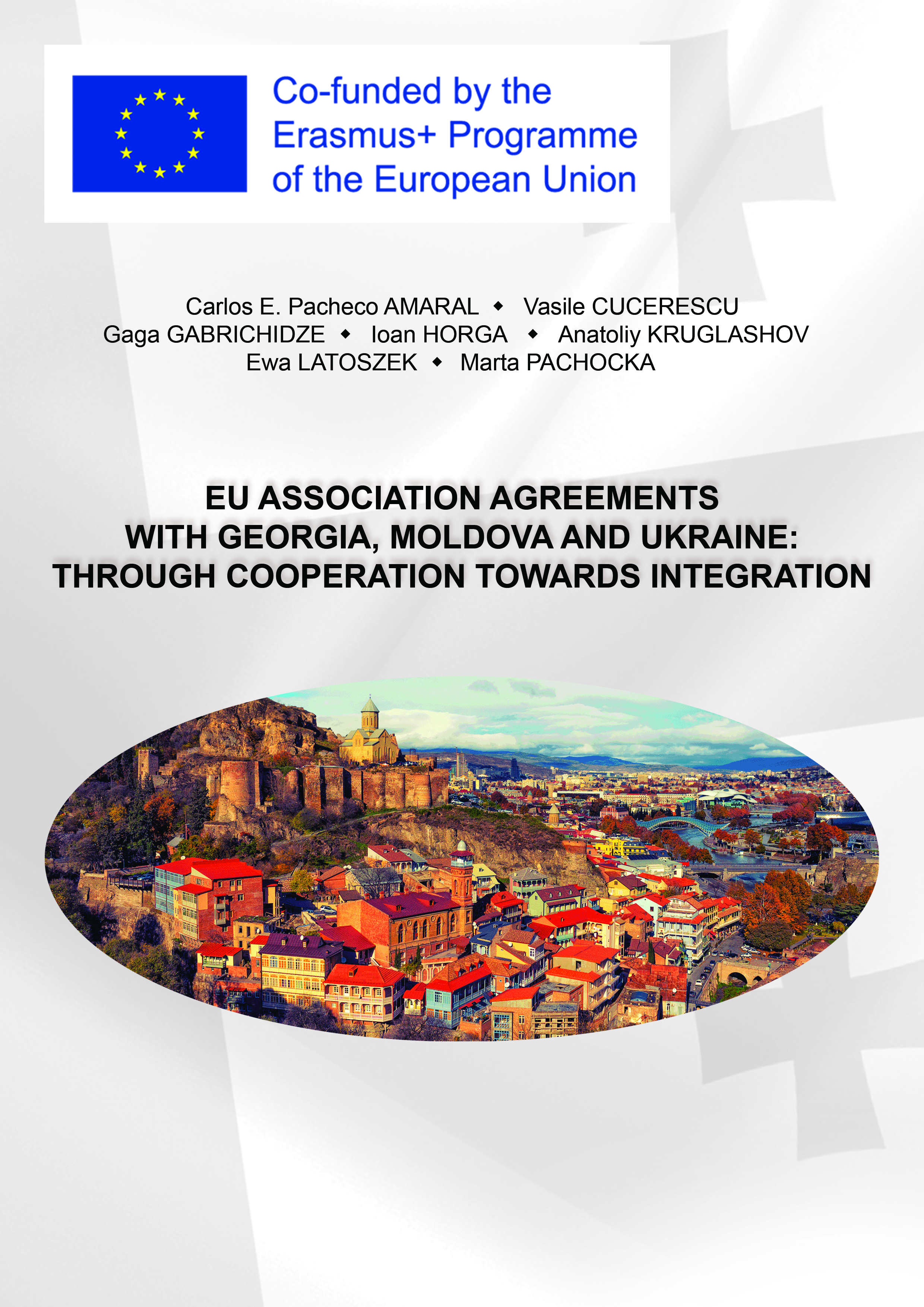
Keywords: Association Agreement; GATT 1994; goods; free trade; market access; customs duties; charges; restrictions
EU-Georgia trade relations have moved on a new and more comprehensive stage as a consequence of the EU-Georgia Association Agreement. Title 4 of the Association Agreement concerns trade and trade-related matters. The provisions of this Title encompass mutually relevant issues based on free-trade, covering values already enshrined in EU Treaties and other multilateral agreements (e.g. GATT 1994). The encouragement of imports and exports by eliminating customs duties, other charges or non-tariff barriers reflects the approaches that are essential and play an important role in formatting EU internal market. Georgia has been given new trade-related approaches and both Parties have taken responsibility to achieve economic integration through the regulatory approximation.
More...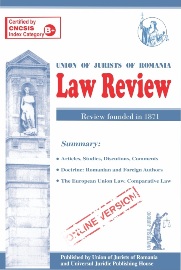
Keywords: justice; legal doctrine; constitutional law; legal philosophy;
Jus est ars boni et aequi. When one thinks about the social phenomenon we now call the justice system, one will probably remember instantaneously this phrase. However, the concept has known hundreds of interpretations, bases on a proportionally larger number of values. These values have varied from society to society, from one age to another. If one excepts that such notions are constantly evolving, while preserving a rather solid core, than, in this day and age, one would expect to receive a clearer definition for the idea of justice, at least from the study of the modern schools of legal thought. The aim of this paper is to find the possible meanings that justice receives in today's European legal systems. It has been structured in three parts, meant to highlight and than harmonise the main plans of this research. The first section is dedicated to finding the main understandings of the notion of justice, as they are presented in the manuals of legal doctrine. The second section seeks the meanings of the same concept in the constitutional documents of 48 countries, pointing out the emerging patterns. The third and last section analysis the possible meanings of the notion if justice in the findings of the first two sections.
More...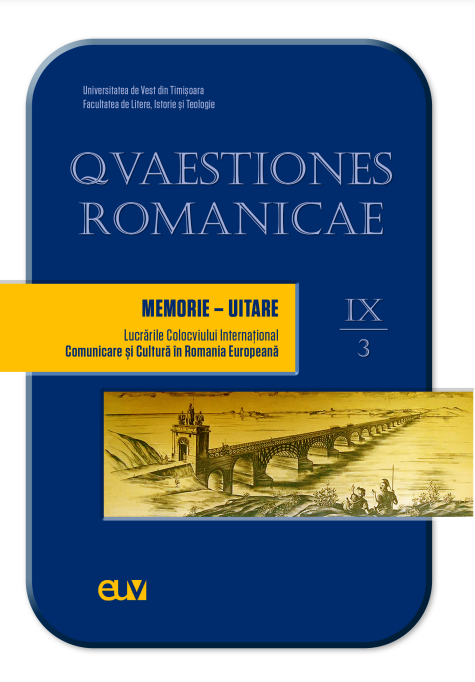
Keywords: culinary; speech; gastronomic; housewives; intertext;
Perceived as a phenomenon of mass culture, permanently interdependent with history, food is an object of investigation in various fields: cultural and linguistic semiotics, social semiotics, as well as sociolinguistics. Considered to be the "humble literature" of civilisations, books on and about food, including books for housewives, remain a source of unusual histories, of the history of mentalities and of the structure of domestic ideology. Culinary discourse provides temporal indicators of manners, hierarchy, and social relationships. Due to the Romanian paradox (Alexandrescu 1998), the culinary field developed very differently from other European countries, not only in terms of appearance, but also with regard to the target audience. Thus, while in France, the first cookbook dates back to the 14th century, in the Romanian space, cookbooks were published as late as the 19th century. Being intended, almost exclusively, for domestic cuisine, not for professionals, the first Romanian cookbooks combined gastronomic elements with advice on household management. The work undertaken by M. Kogălniceanu and Negruzzi in publishing in the 1846 volume 200 rețete cercate de bucate, prăjituri și alte trebi gospodărești [200 tried recipes for dishes, cakes and other household chores] shows the genuine concern of the "representatives of a cultural and social elite" (Marinescu 2014), as indicated by the inscription on the cover page: "Printed at the expense and care of a society of lovers of the advancement and brilliance of the Romanian nation." The present research brings to attention a book printed in 1899 in Bucharest, discovered during some field research within the FOODie project1, in Bîrgăoani village, Neamț county. The title, Higiena, administrația casnică coprindend orticultura și avicultura precum și bucătăria practică și modernă lucrate conform necesităței simțite în menaj [Hygiene, home administration covering horticulture and poultry farming as well as practical and modern cuisine made according to the needs felt in the household], reflects the concern with taste education, combining practical and modern components. Following the model of the time, the book whose author is Anna Căpitan Constantinescu, contains a preface in which the prescriptive-didactic component and the need to adapt to the unfavorable socio- economic context are explained. Beyond the intrinsic, documentary value of the text, the copy found is of interest from the perspective of its intertextuality, which gives it qualities of palimpsest, as a result of a male owner’s passion for cooking. By combining the sociolinguistic perspective with the cultural one, we aim to identify the specifics of the culinary discourse as inferred from the design of the text in the context of the era in which it was popularised.
More...